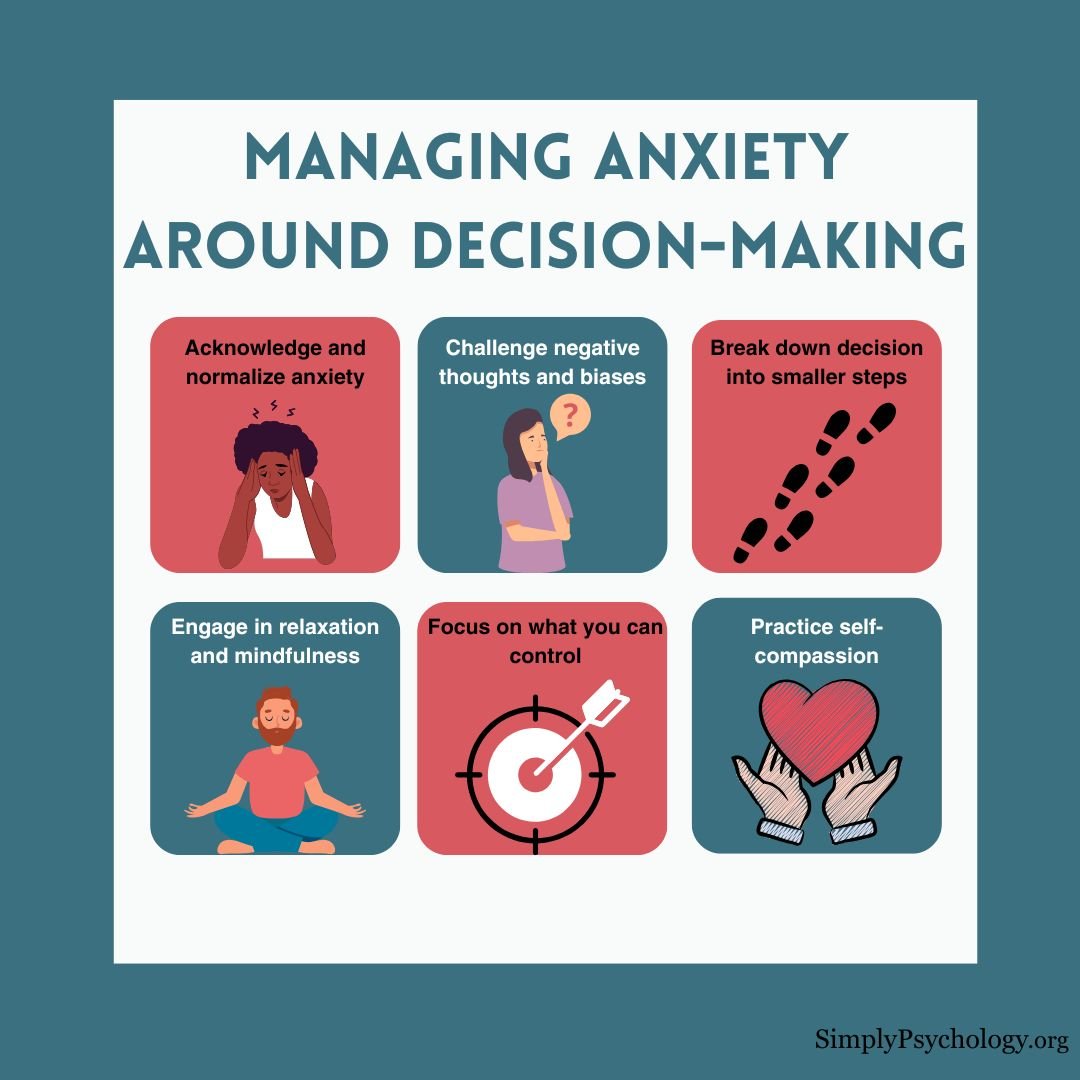
The concept of “belief superiority” denotes the assertion that one’s views and convictions are better than those of others. This mindset signifies not just a sense of correctness but also suggests that others are essentially incorrect. An insightful examination of this concept is presented in a guest article for the Research Digest, which highlights research investigating this effect and its implications for the assessment of knowledge.
The study conducted by researchers Michael Hall and Kaitlin Raimi included a series of experiments published in the Journal of Experimental Social Psychology. Their research sought to determine whether those who display belief superiority are truly more knowledgeable about the topics on which they claim to hold superior views, or if they primarily overestimate their understanding while overlooking chances to broaden it. The outcomes of their study offer a fascinating twist on the well-known Dunning-Kruger effect, explaining how individuals with limited expertise in an area may overrate their own abilities.
The central revelation presented by Hall and Raimi is that belief superiority is not only associated with ignorance, as often pointed out in the context of the Dunning-Kruger effect, but is also defined by a particular belief that the views of others are erroneous or incorrect. This attitude can prompt individuals to dismiss new insights or differing opinions, thereby reinforcing their perceived superiority of knowledge and restricting opportunities for learning.
Through thorough investigation and empirical data, the study highlights a significant follow-up question arising from belief superiority: Are individuals with such characteristics truly more knowledgeable, or does their confidence in their beliefs signify overestimation and a failure to recognize opportunities for personal growth? This question illuminates cognitive biases that affect individual and social interactions and underscores the necessity of openness and humility in intellectual advancement.
For those keen to explore this intriguing topic further, additional details and analysis are available in the guest post ‘People who think their opinions are superior to others are most prone to overestimating their relevant knowledge and ignoring chances to learn more‘.